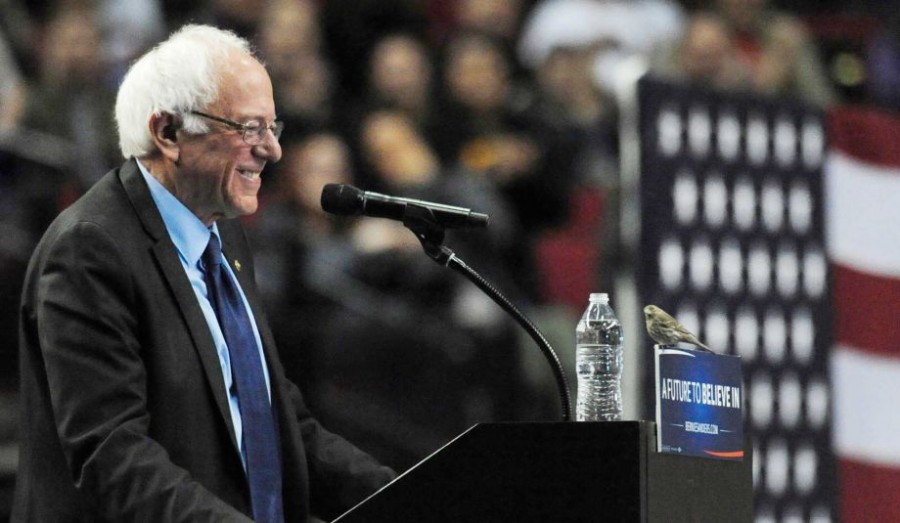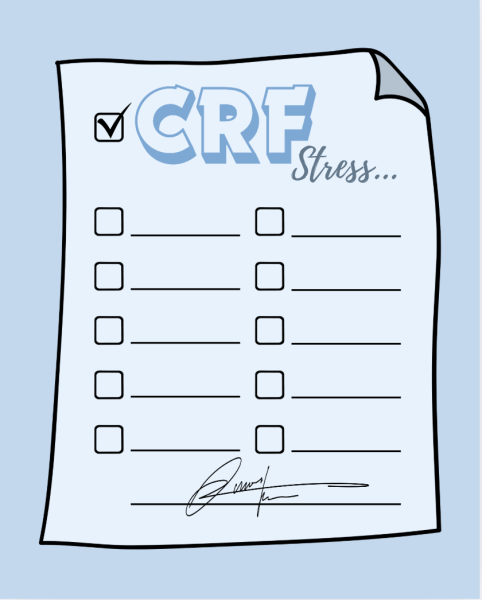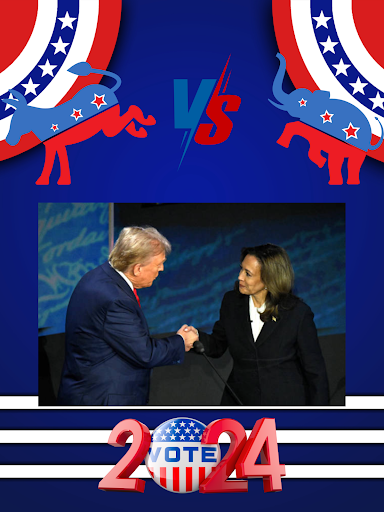Thirty-six states and counting
Bernie Sanders speaks at a rally in Portland, Oregon, on March 25. During his speech, a bird landed on the podium during his speech and resulted in popular usage of the punny nickname Birdie Sanders.
In three short months, Americans will know the final contestants on the great modern game show of who will become the next president of the United States. However, each party uses a slightly different delegate system, a difference that is critical to tracking the machinations of the parties and their front-runners.
The use of so-called superdelegates by the Democratic Party is controversial and unique to the left wing of the two-party system. Superdelegates are political notables who are free to support whoever they choose; in short, when a candidate wins a state primary, the delegates they receive are proportional to the percentage of the popular vote they receive. Superdelegates are not bound by the percentage allotments that regular delegates are and may change their allegiance at any time.
For a candidate to win the Democratic nomination, they need 2,383 delegates. This can be a combination of regular delegates and superdelegates. At the moment, Hillary Clinton has 1,749 delegates, including 469 superdelegates, while Bernie Sanders has 1,061 delegates, including 31 superdelegates.
Late in the game, the Sanders camp has launched a campaign to win more superdelegates to their side. Clinton maintains a significant lead but has suffered hits for the controversy over her emails, her seeming lack of ability to behave warmly and authentically towards her constituents, and most recently, her unwillingness to participate in Sanders-proposed New York State debate prior to the primary there on April 19.
Clinton’s campaign responded to the Sanders proposal for an additional debate with the request that the Sanders campaign “change its tone.” The Sanders supporters on Twitter lashed back with the hashtag #ToneDownForWhat and included images of Sanders in his characteristic relaxed, friendly manner, juxtaposed with Clinton’s worse days.
Sanders won a decisive victory in the Wisconsin primary, continuing his attack on Clinton’s lead. Many pundits regard this as an upset of sorts. With Wisconsin now behind them however, both Clinton and Sanders must turn their attention to New York, a state both of them hold dear and a state that has 291 delegates at stake.
However, the Democratic Party is not the only one experiencing a bit of confusion late in the game of the 2016 presidential race. Current front-runner Donald Trump has built his platform around “Making America Great Again” and touts his business experience as the perfect background for the next president. The runner-up, Ted Cruz, has recently been making inroads on Trump’s massive lead, with the Wisconsin primary bringing his delegate count up to 517 to Trump’s 743.
However, at the July Republican National Convention, many delegates may come unbound. That is, if the convention cannot decide on a candidate, the delegates will likely be released to vote for who they personally would choose. This means that even delegates who are currently bound are the subject of furious courtship from all Republicans still running in the presidential race.
The 2016 presidential race is heating up as time goes on, and by August 1, America will have its candidates for the next president.













